
Read offline
Recommendation
Since ripples from the 2008 recession continue to affect investment planning, this gloomy treatise by consultants David Wiedemer, Robert A. Wiedemer and Cindy Spitzer may have special appeal for those preparing for worse times ahead. The authors’ analysis says that lingering aftereffects of the economic crisis – mostly due to the collapse in value of overinflated assets – mean investors still have not seen the bottom of price declines. The book contends that the bottom is not even in sight since the US still has a “multibubble economy.” But be forewarned: The authors’ predictions are pretty bleak. In fact, since they believe the US will default on its debt, you could find their take beyond pessimistic. While the book can be slow, repetitive reading, it offers an iconoclastic presentation with pertinent charts and advice to help investors defend their portfolios. But readers also have to trudge through some promotion for the authors’ investment counseling services and some hearty self-congratulations for their previous book’s predictions. Nonetheless, getAbstract suggests this detailed, depressing scenario to those looking for an alternative view on the postbubble economy. [Editors’ note: getAbstract does not offer or endorse investing advice.]
Take-Aways
About the Authors
David Wiedemer, PhD, is the chief economist for Absolute Investment Management, where Robert A. Wiedemer is a managing director. Cindy Spitzer is president of Aftershock Consultants.








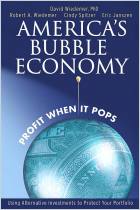
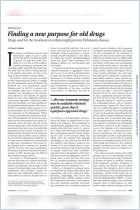
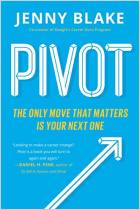
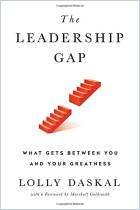
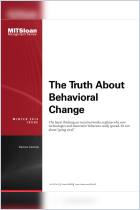
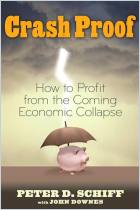
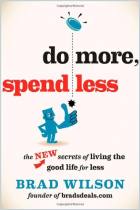


Comment on this summary or Iniciar a Discussão